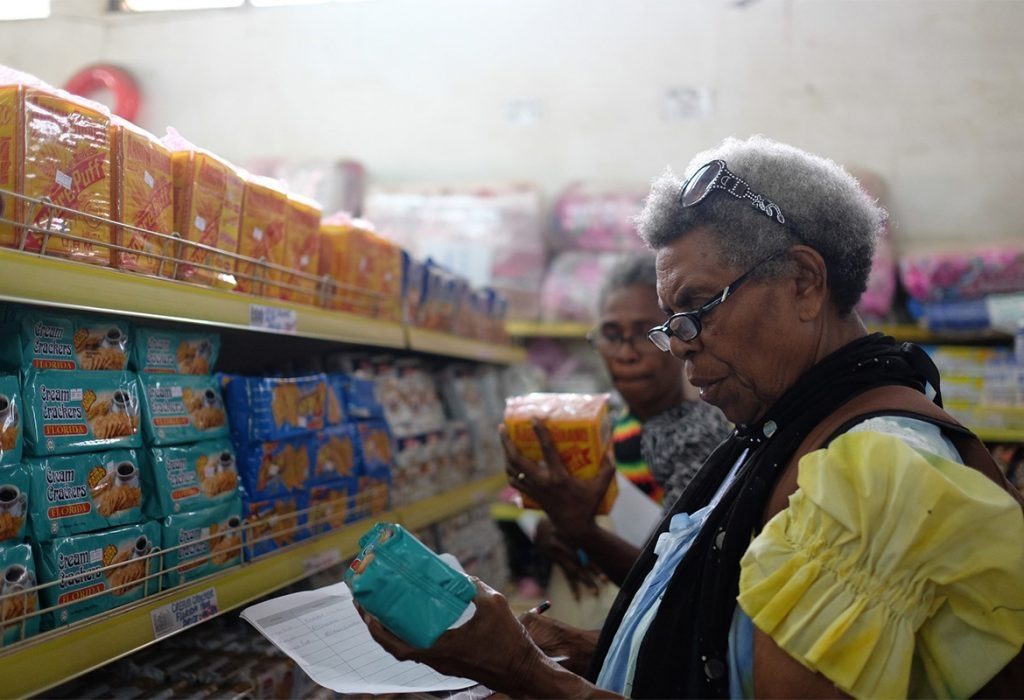
Scaling-up food policy interventions to reduce non-communicable diseases in the Pacific Islands
Background:
- The burden of non-communicable diseases (NCDs) is unacceptably high in the Pacific Island region.
- Increasing rates of NCDs are linked with the transition from traditional diets, based on locally-grown foods, to diets high in salt, fat and sugar from processed packaged foods.
- There is a need to ensure food policies are implemented successfully in order to improve the food environment and decrease the NCD burden in Pacific Island countries.
Aims:
- The overall goal of this five-year project is to take a comprehensive, empirical approach to understanding and strengthening the policy making process, with an emphasis on implementing, at scale, best possible policy to improve the food environment in the Pacific.
- The project will identify which interventions are the most feasible in the Pacific, and what factors lead to effective implementation.
Methods:
- The Reach, Effectiveness, Adoption, Implementation and Maintenance (REAIM) framework, together with a quasi-experimental design, will be used to evaluate the process, context, and effectiveness of different interventions via an iterative adaptive process.
- This will include a cross-sectional assessment of dietary intake, stakeholder engagement, adaption and strengthening of current food policy interventions, and a process and cost evaluation.
- The project will be conducted in Fiji and potentially one other Pacific Island country.
Impact:
- This research will help address the burden of diet-related NCDs in the Pacific by identifying factors to achieve effective food policy implementation.
- Lessons learnt from this research will be relevant to other Pacific Island countries, and informative globally


